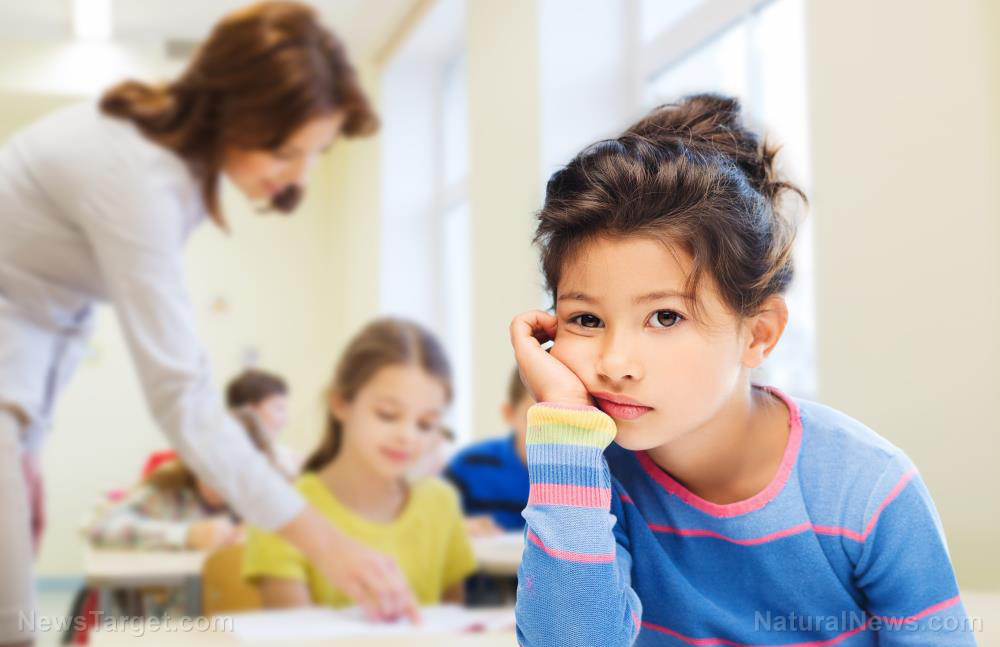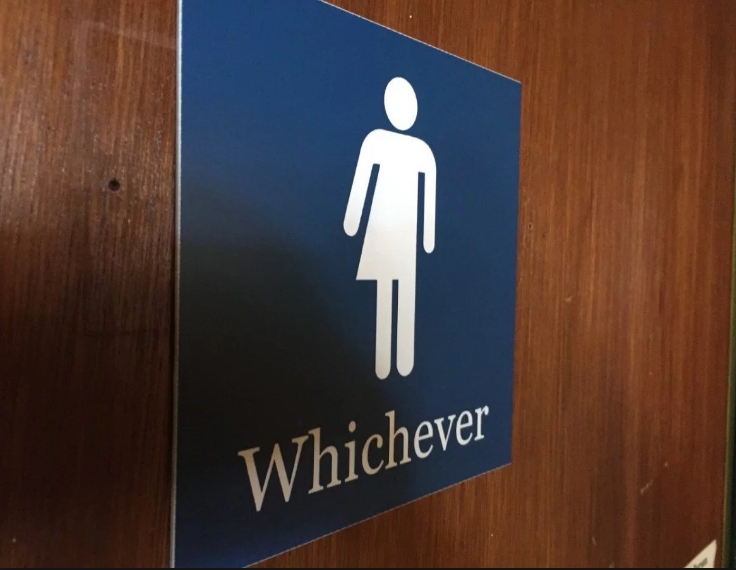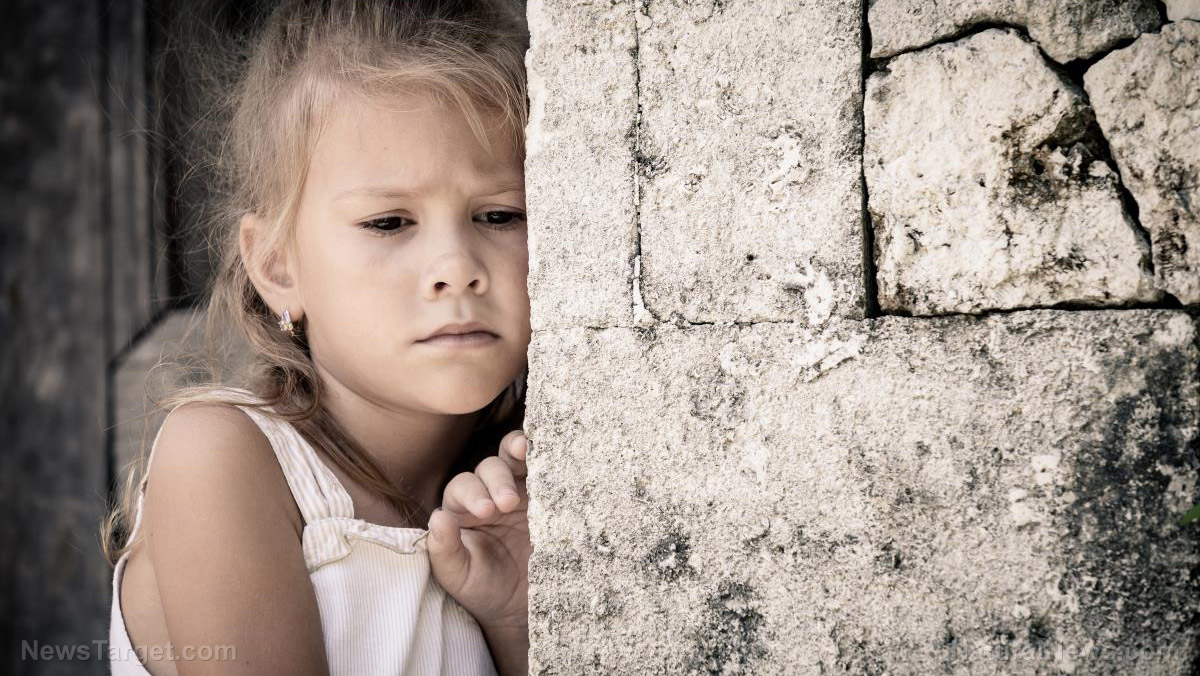Brainwashing more victims: Study determines “distinctive” kids are likely to be classified with a disability, depending on where they go to school
11/29/2019 / By Tracey Watson

So much of what a person can one day become and achieve depends on their schooling. Parents can give their children as many advantages as possible, but in many ways the shaping of their children’s futures is out of their control.
How children are treated at school, the resources at their disposal, whether the teachers give them the individual attention they need, and a host of other things all add up to determine whether a child will one day have a myriad of opportunities and a wonderful future, or be sent along a path of mediocrity and struggle.
It is the job of the schooling system to determine which children are gifted and need advanced instruction, which are struggling and need help and so on. However, a recent study by researchers from Portland State University, published in the journal Society and Mental Health, has found that whether or not a child is correctly classified as having some kind of educational disability is far from being an exact science.
In fact, it is a highly subjective process, largely influenced by where the child goes to school and how distinctive they are from the other kids at that school. (Related: Public education in collapse — School commissions are repeatedly having to borrow millions of dollars to pay bills.)
Incorrect labeling = missed opportunities
When a teacher labels a child, in some way that label will affect every aspect of that child’s life. If a teacher insists that a child is ADHD, for example, that child will be treated in a certain way, possibly stigmatized by his classmates and other teachers, and repeatedly told that there are certain things he simply cannot do. (Related: Education programming 101: destroy logic.)
If, on the other hand, a child has a learning disability which is not diagnosed and they do not get the help they need at an early age, they might struggle throughout their school career, never make it to college, and end up stuck in a dead-end job one day.
The fact that disability classifications and how they are implemented varies greatly from school to school therefore really matters.
Science Daily reported:
The study used annual child- and school-level data from 378,919 children in a large urban school district between 2006 and 2012.
Dara Shifrer, the study’s lead author and an assistant professor of sociology in PSU’s College of Liberal Arts and Sciences, said disability classifications are inconsistent and subjective.
The researchers found that even when children had the exact same test scores and social backgrounds, different schools used different criteria to determine disability classifications.
And, as already noted, while these classifications are supposed to ensure that children get the help they need at the earliest possible age, they can result in stigmatization and limit a child’s future opportunities.
“Their peers think differently of them, their teachers think differently of them, they think differently of themselves because people interpret these as biological diagnoses,” Shifrer explained. “But what our study shows is that they’re based on things that are socially rooted and subjective. … No one should feel like this is a firm statement on what this child is capable of or what their trajectory should be.”
The researchers found that when a child is different to their peers, they are more likely to be classified as having a disability.
Science Daily reported:
For example, a low-achiever in a higher-achieving school is more likely to be classified as disabled than a low-achiever in a lower-achieving school.
Among children with similar achievement levels, black children in schools with a lower proportion of black classmates are more likely to be classified as disabled than black children in schools with a higher proportion of black classmates. The same is true for English language learners.
Clearly, children are being classified at an early age based largely on educators’ subjective opinions and possibly even a large element of bias.
Sadly, some children will have to pay for these decisions for the rest of their lives.
Learn more about the flaws and merits of the public school system at PublicEducation.news.
Sources include:
Tagged Under: bias, campus insanity, Child abuse, children, disability classifications, education, labeling, labels, learning, lost in the system, mental health, psychiatry, public school system, public schools, subjective labels, teachers
RECENT NEWS & ARTICLES
PsychDrugs.News is a fact-based public education website published by Psych Drugs News Features, LLC.
All content copyright © 2018 by Psych Drugs News Features, LLC.
Contact Us with Tips or Corrections
All trademarks, registered trademarks and servicemarks mentioned on this site are the property of their respective owners.


















